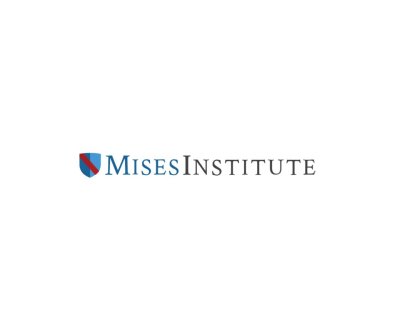Nathaniel Macon: The Forgotten Prophet of States’ Rights
Nathaniel Macon was one of the most significant figures during the first half century of American history. Yet Macon is basically unknown in the contemporary United States, and his role and importance in American history, so appreciated before the War Between the States, are largely ignored or glossed over. Mention the name “Nathaniel Macon” to a contemporary politician, and the response is usually a blank stare, betraying ignorance, a lack of basic familiarity.
Years ago, while researching Macon and his life, I was amazed to discover the incredible importance that “the Squire of Buck Spring” (his very modest plantation in northeastern North Carolina) had in the new American nation, and, more interestingly, the incredible influence he had on such later and much better-known figures as John C. Calhoun, President John Tyler, and other, more contemporary figures in our history. Think of the various towns, cities, and counties named in his honor. At one time in the American nation his name and renown were widely known and acknowledged.
Quite a bit of this contemporary ignorance must be attributed, certainly, to Macon’s philosophy. He was, to quote his contemporaries, “the father of states’ rights” and the figure most critical in the actual development and survival of the states’ rights philosophy that, still, in many ways, percolates in American politics. After the War Between the States Macon was largely identified with the defense of slavery. Although during his long tenure in Congress he stoutly defended the “peculiar institution,” his strictures were always based on a clear understanding of the Constitution and its provisions and that to abandon it on one major question was to in effect open the floodgates for other, often unforeseen or undesirable changes. And such changes, he predicted, could well lead to civil war.
It was Macon’s probity of character and his steadfast devotion to principle that won him general admiration from across the entire spectrum of antebellum political opinion. Leaders as diverse as Presidents John Quincy Adams and John Tyler expressed great admiration for Macon; many attempted to tie in their own views, even those ideas that seemed at odds with Macon’s, to those of the Squire of Buck Spring.
Macon was first elected to the United States House of Representatives from North Carolina in 1790—at the very beginning of the new American nation—serving there until 1815. During the presidency of Thomas Jefferson he served as Speaker of the House of Representatives from 1801 until 1807. He quickly became known for his unbreakable “old republican” principles: individual liberty, local and state authority over matters closest to the citizens, strict economy and accountability in government expenditures, frequent elections, avoidance of debt, and a staunch adherence to a decentralist, originalist view of the nature of the new nation. These he stubbornly maintained even if it placed him in opposition at times to American presidents of his own political persuasion.
Along with John Randolph of Roanoke and a few other congressional representatives Macon represented undeviating allegiance to the fundamental principles enunciated during the American Revolution and inscribed in the Constitution. For him those principles did not—and must not—change. During the first fifty years of the nation’s history, it was Macon who incarnated them and in various ways ensured their survival. After leaving the U. S. House of Representatives in 1815 and being elevated to the United States Senate by the North Carolina General Assembly, Macon’s influence only grew and became more pervasive, especi
Article from LewRockwell

LewRockwell.com is a libertarian website that publishes articles, essays, and blog posts advocating for minimal government, free markets, and individual liberty. The site was founded by Lew Rockwell, an American libertarian political commentator, activist, and former congressional staffer. The website often features content that is critical of mainstream politics, state intervention, and foreign policy, among other topics. It is a platform frequently used to disseminate Austrian economics, a school of economic thought that is popular among some libertarians.




